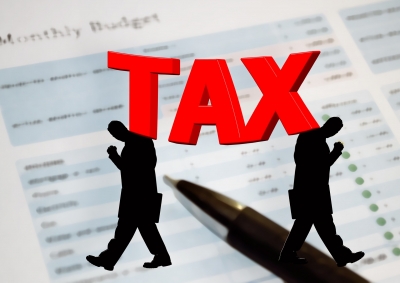Kolkata, Feb 15 (IANS) With a 19.41 per cent projected growth during financial year 2023-24, state excise will continue to be the principal component for generation of the state’s own tax revenue of the West Bengal government.
As per the budget estimates for financial year 2023-24, the state excise collection is slated to rise to Rs 17,921.56 crore, up by 19.41 per cent from Rs 15,001.39 crore as per the revised estimates for financial year 2022-23.
The total state’s own tax revenue, as per the budget estimates for 2023-24, is slated to increase by just 12.69 per cent to Rs 88,595.54 crore from Rs 79,500 crore as per the revised estimates for 2022-23.
Another significant factor on this count is that in 2023-24, state excise, which is just one of the 12 components of state’s own tax revenue, will contribute 20.22 per cent of the total tax kitty.
According to a recent finding, West Bengal is one of the four Indian states where the state excise collection contributes over 20 per cent of state’s own tax revenue. As per the budget documents, state excise had been traditionally the second highest component among the 12 components in the state own tax revenue column, after the state goods and services tax (SGST).
As per budget estimates for 2023-24, the SGST is slated to rise to Rs 37,791.85 crore, up by just 8.53 per cent from Rs 34,819.49 crore as per the revised estimates for 2022-23.
Sales tax, which contains the income from state tax on petrol and diesel and is the third highest component in this column, is slated to rise to Rs 13,897.56 crore as per the as per the budget estimates for 2023-24, up by 14.53 per cent from Rs 12,134.14 crore as per the revised estimates for 2022-23.
Economic experts point out that of the three main revenue generating components under this column, the projected growth in the state excise collection for 2023-24 is much higher than the projected growth for the other two components, namely SGST and sales tax. They feel that this is not a healthy economic sign and this happens mainly for those states which lack big ticket investments from whom the state government could have generated additional tax revenue.
–IANS
src/vd






